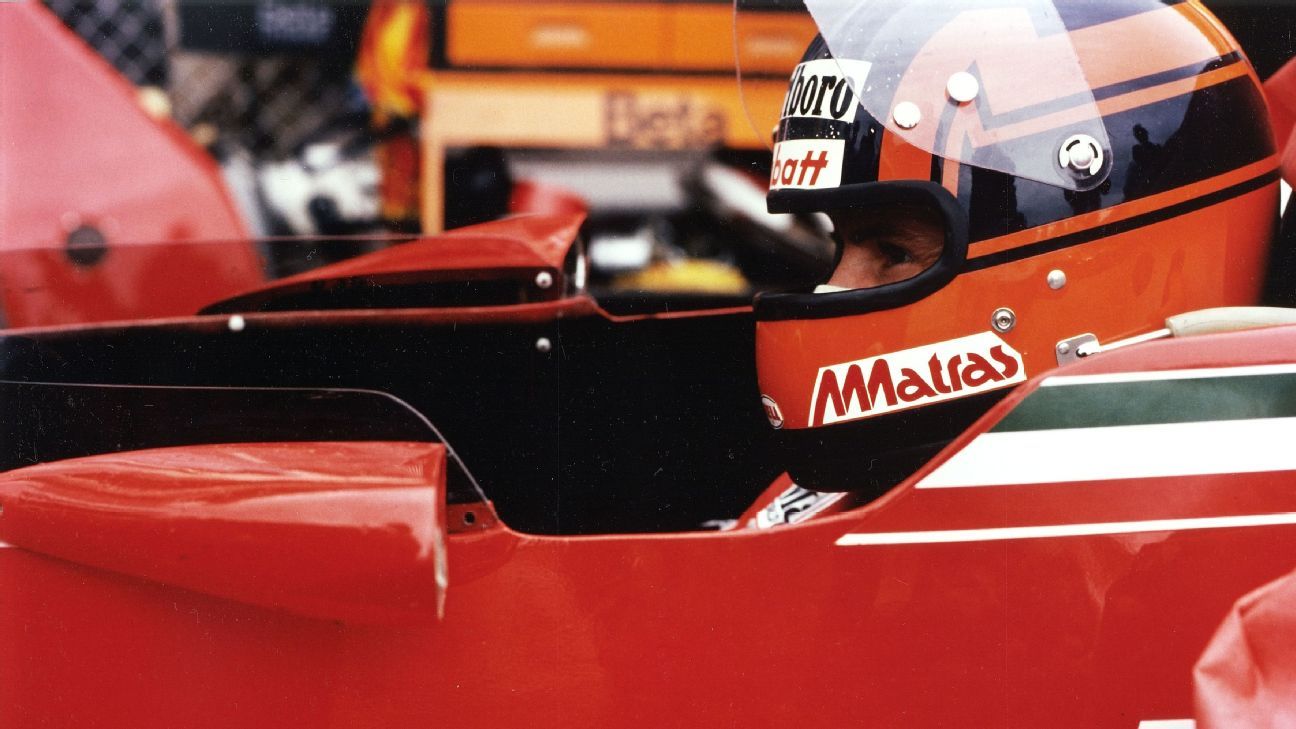Staging a Grand Prix for the first time on an island in the St. Lawrence was an adventurous project in itself. To have Gilles Villeneuve, a boy from Quebec, score his first win -- in a Ferrari, no less -- raised the sense of occasion and excitement to an entirely new level. Throw in a Canadian-entered Wolf finishing second and the picture of immense national pride was complete.
Never mind that this was a freezing cold October day and the newly constructed track looked desolate in parts; the warmth generated by Montreal's first F1 race would ensure the future of an event that will be celebrating its 40th anniversary this weekend.
Canada had been included in the world championship for the first time in 1967, Mosport Park and, a year later, Saint Jovite providing superb venues. When neither circuit could provide the wherewithal to meet the required facilities and safety standards (Mosport was 17 years old), Montreal immediately embraced plans for the perimeter road around Île Notre-Dame, a man-made island used for Expo 67. Half of the track ran alongside Bassin Olympique, created for rowing events in Montreal's 1976 Olympic Games and providing former boathouses that could be used as garages for the F1 teams.
At 2.9 miles (4.7 kms), the track was longer than either Mosport or Saint Jovite, but Île Notre-Dame lacked the rise and fall that made its predecessors so popular. It soon became apparent, however, that the twists and turns would provide their own challenge, particularly when it rained incessantly during the first day of practice.
As cars, some badly damaged, were wheeled from the pits (a series of Portacabins not far from the exit of what is now Turn 10) and along the towpath, it was evident that mud would need to be hosed off the machinery before work could commence. Such had been the hasty and late start to construction, the circuit had only just been completed, the rain then mixing a mucky cocktail beyond the trackside kerbs.
The Canadian fans, already well known for their enthusiasm and knowledge, didn't mind in the least, 72,632 of them turning up on Sunday despite the weather showing little sign of relenting. The majority had come to see Villeneuve complete the final race of his first full F1 season. The championship table showed a handful of top-six finishes but, inbetween, the little French-Canadian had qualified on the front row, led races and brought a mix of bravado and skill imitated in recent years by Max Verstappen.
Villeneuve's work would be cut out in Montreal after qualifying on the second row, behind Jody Scheckter's Wolf-Ford and the pole position Lotus-Ford of Jean-Pierre Jarier (drafted in by Lotus to join recently crowned world champion Mario Andretti following the death of Ronnie Peterson at Monza).
Jarier, having scored just one podium while driving for a variety of teams over several seasons, grabbed his chance, built up a healthy lead and had the race under control. Halfway through the 70 laps, however, the Frenchman began to feel the middle pedal go spongy, a 30-second lead eventually going the way of fluid leaking from a brake line.
Jarier's deep disappointment was not helped by the crowd going wild as Villeneuve assumed a comfortable lead over Scheckter and held it to the finish, the bark of the 3-litre Ferrari flat-12 barely audible as he crossed the line.
Before the start, Gilles had whispered "Wait for me, I won't be long"; a customary au revoir to his wife, Joann. This Grand Prix had run for almost two hours and had seemed twice as long for Joann and Gilles' parents, never mind a crowd anxious that their hero should not join a list of retirements covering nine of the 22 starters.
Villeneuve seemed bemused as he was swept by well-wishers towards the podium where, in the absence of a Ferrari jacket, he donned his manager's brown hunting parka to help keep out the cold. A wreath was slung around his neck and the Prime Minister of Canada, Pierre Elliott Trudeau, presented Gilles with a large trophy topped by a gold maple leaf, the national symbol of Canada.
It was engagingly informal; rather like the man himself and in keeping with Montreal's F1 debut. Times move on, of course, but it's tempting to wonder what Liberty Media would give to wind back the clock and have such a hugely popular result in North America this weekend.
